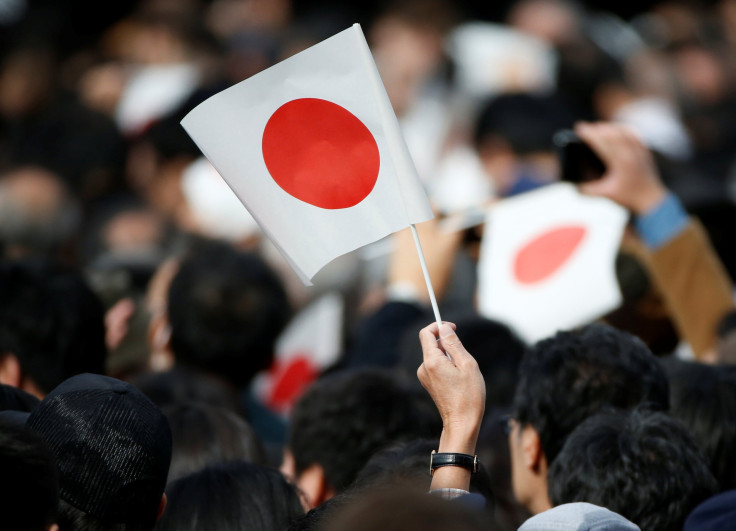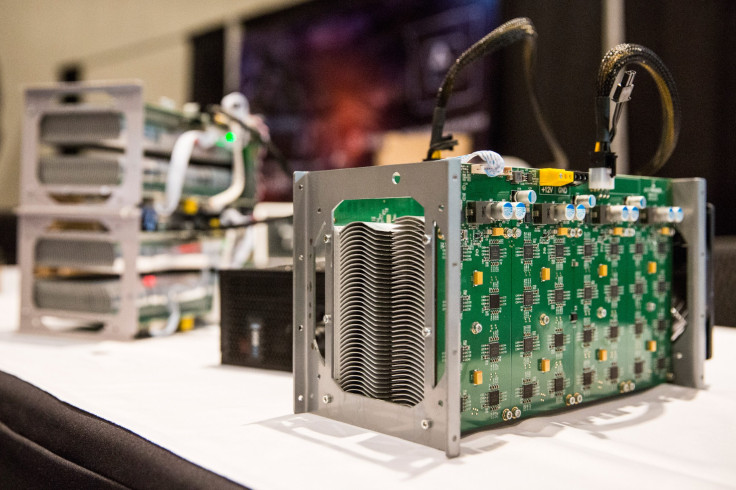Japanese City Offers Bitcoin Miners An Eco-Friendly Deal

The price of bitcoin may be skyrocketing past $7,460, but the broader cryptocurrency industry still has a huge electricity problem. Motherboard reported a single bitcoin transaction now takes as much power as a whole American household uses in a week. So Japan is experimenting with more eco-friendly ways to mine cryptocurrency.
The Japanese city of Kazuno is inviting bitcoin companies, including Tokyo-based Miner Garage Co. Ltd., to use local renewable energy sources such as geothermal, hydroelectric and wind power. This sparsely populated mountain town is best known for its hot springs and geothermal energy plants. Now it hopes to combine this electricity source with its chilly climate to offer a sustainable solution for cryptocurrency mining. Renewable energy sources will power mining machines while the snowy climate naturally cools equipment.

“Having an infrastructure for electricity is a key element to Miner Garage’s operation and the geographic benefits allow the machines to be cooled without the use of tools or cooling devices,” Miner Garage announced in a press release. “Miner Garage will open and operate the first clean energy based Japanese mining center in December 2017.”
The original idea behind bitcoin was allowing almost anyone to create their own money by contributing processing power to a decentralized network, also known as “mining ” bitcoins. However, as new users flood to the network, the mining process has become so intensive that industrial operations now dominate mining pools instead of individual users. Chinese companies in particular do the vast majority of global bitcoin mining.

Chinese miners thrive on cheap electricity. Local regulators restrict public access to the broader cryptocurrency space despite generally turning a blind eye to corporate mining profits. Bitcoin expert Jimmy Song estimated the Beijing-based bitcoin company Bitmain earned $77 million in mining profits this year while paying only $23 million for electricity and operational costs. Japan is taking a completely different approach.
The Japan’s Financial Services Agency gave 11 cryptocurrency exchanges official government licenses in September. Bloomberg reported at least 19 foreign blockchain companies applied for a Japanese license after China’s recent crackdown on cryptocurrency exchanges. A growing number of traditional Japanese companies are also joining the blockchain industry, such as the finance giant SBI Group. Quartz reported the Tokyo-based GMO Internet Group plans to spend $3 million to launch a bitcoin mining business in 2018, including new hardware products for miners.
Japan probably won’t be able to offer miners cheaper electricity than China. So it is leveraging natural resources to experiment with more sustainable options. According to Japan Today, the Kazuno center will start with 600 computers mining 10 types of cryptocurrency, aiming to reaping around $264 million in the first year.
The Tokyo Electric Power Company is also in talks with the blockchain startup Grid+, looking to make energy systems more efficient and reduce reliance on nuclear power, oil and coal. Grid+ allows the broader power grid to work with both traditional electricity sources and household solar panels. A few rogue bitcoin miners around the world have found ways to use solar panels to power their computers. It might require a decentralized grid to someday use solar energy for mining on a broader scale.
It will be a long time until the broader cryptocurrency community implements solutions that slash the electricity costs involved with bitcoin and Ethereum mining. In the meantime, this rural initiative in Japan could become one of the world's first eco-friendly industrial mining pools.
© Copyright IBTimes 2024. All rights reserved.











